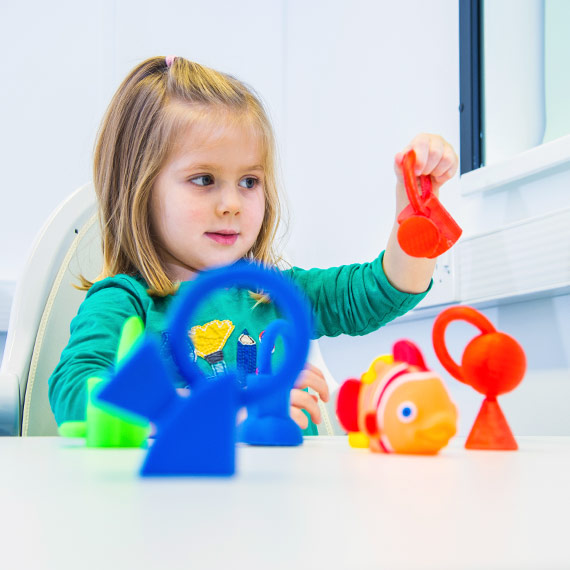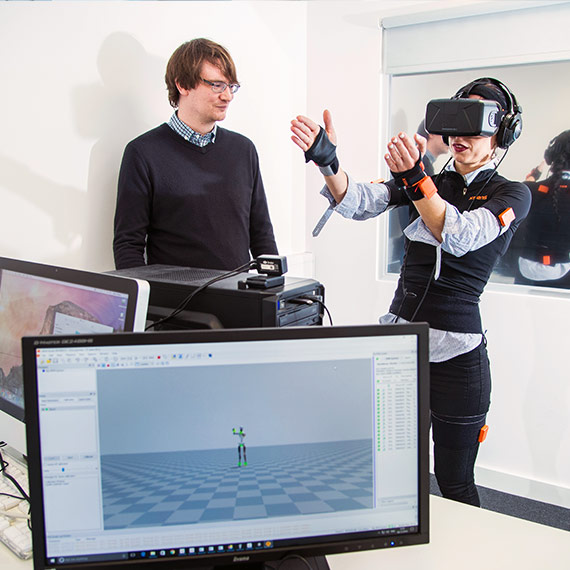The Department supports applications for studentships via the Economic and Social Research Council’s North West Social Sciences Doctoral Training Partnership (NWSSDTP), which include standard studentships and CASE studentships (for collaboration with a non-higher education partner). NWSSDTP studentships are open to both applicants with a ‘Home’ fees or an ‘International’ fee status. However, across the DTP, no more than 30% of studentships can be allocated to applicants with an ‘International’ fee status. Within the NWSSDTP, applicants can apply for funding for a master's degree in combination with doctoral studies (1+3) or for funding to support their doctoral studies (+3). The NWSSDTP currently supports several studentships ring-fenced for students from a Global Majority background. The ESRC has also awarded the NWSSDTP a number of ‘steered’ studentships in the ‘priority areas’ of advanced quantitative methods, longitudinal studies (using ESRC datasets) and interdisciplinary work. Please visit our ‘Current Opportunities’ for information on how to apply via our Department.
Please see under ‘Current Opportunities’ for information on the application process.
The Department of Psychology at Lancaster University regularly has a studentship funded by the Engineering and Physical Sciences Research Council available. This usually is a studentship for PhD funding (+3). It provides full tuition fees, a maintenance stipend (at the general UKRI rate) and access to a research training support grant. These studentships are open to both applicants with a ‘Home’ fee or an ‘International’ fee status. However, across the DTP, no more than 30% of studentships can be allocated to applicants with an ‘International’ fee status. As a department, we particularly encourage applications to work with early career staff. This year these include: Dr Amy Atkinson, Dr Abigail Fiske, Dr Stefan Leach, Dr Alice Milne, Dr David Neequaye, Dr Alice Rees, Dr Heather Shaw, and Dr L-J Stokes. Applications to work with these members of staff are weighted preferentially at the short-listing stage for this studentship. Please see under ‘Current Opportunities’ for information on the application process.
Please see under ‘Current Opportunities’ for information on the application process.
The Department of Psychology at Lancaster University usually has one or more studentships funded by the Faculty of Science and Technology available. The award is for PhD funding (+3) and provides tuition fees at the ‘Home/UK’ rate, a maintenance stipend in accordance with UKRI rates, and access to a grant towards research training support. Applicants with an ‘International’ fee status must fund the difference between Home/UK and International fees themselves, if successful. As a department, we particularly encourage applications to work with early career staff. This year these include: Dr Amy Atkinson, Dr Abigail Fiske, Dr Stefan Leach, Dr Alice Milne, Dr David Neequaye, Dr Alice Rees, Dr Heather Shaw, and Dr L-J Stokes. Applications to work with these members of staff are weighted preferentially at the short-listing stage for this studentship. Please see under ‘Current Opportunities’ for information on the application process.
Please see under ‘Current Opportunities’ for information on the application process.
PhD on the Origins of Infant Word Learning
Lancaster supervisory team: Dr Jill Lany and Professor Gert Westermann
Project description: Applications are invited for a fully funded PhD studentship to study early word learning in the Department of Psychology, Lancaster University. In the first months of life, infants are better able to remember and categorize objects that occur with words, suggesting that language and vision are linked in early human development. However, it is largely unknown how and why learning a language influences how infants see the world. Along with Dr Perrine Brusini (Liverpool) and Dr Alissa Ferry (Manchester), we are recruiting a curious and highly motivated PhD student to be part of a Leverhulme Trust Research Grant called ‘The Origins of Infant Word Learning’. The overarching objective of this project is to develop an account of the origins of word learning that is strongly grounded in infant brain development.
This is a ‘blue skies’ project that has potential to transform our understanding of the origins of human language development by identifying the developmental processes by which hearing words helps infants to perceive what others are talking about. It will combine behavioural (e.g. eye tracking) and neural (e.g. EEG) measures to reveal how hearing words influences how infants see objects, how the ways that adults talk about objects may lead to these effects, and how this process ultimately leads to word learning. The result will be a unified theory of how infants learn about words and about their world. The project builds on discoveries reported in these papers:
- Lany, J., Thompson, A., & Aguero, A. (2022). What’s in a name, and when can a [beep] be the same? Developmental Psychology, 58(2), 209–221. https://doi.org/10.1037/dev0001084
- Lany, J., Aguero, A., & Thompson, A. (2022). The temporal dynamics of labelling shape infant object recognition. Infant Behavior and Development, 67, 101698. https://doi.org/10.1016/j.infbeh.2022.101698
This PhD studentship focuses on the social-behavioural side of the project. The student will work on designing and carrying out behavioural experiments that test the intersection between word learning and visual development, with the potential to aid on projects involving EEG or fNIRS. In particular, the student will be trained in language development research as well as the study of visual cognition, and specifically in eye tracking study design and data analysis.
The PhD student will join a multidisciplinary team of highly driven researchers from Psychology, including in the developmental, cognitive, and neuroscience areas. The Psychology Department has a very active research culture, including permanent academic staff, postdoctoral researchers, and PhD students. The department is committed to promoting equality, diversity and inclusivity as demonstrated by our Athena Swan Silver Award.
The PhD candidate must have a first or upper second-class Undergraduate honours degree and preferably a Master's in a discipline relevant to the project. While we expect that this project would suit graduates from a psychology background, we are happy to receive applications from a wide range of backgrounds that have potential to enhance the project. The focus on the project may suit applicants from a neuroscience, computer or cognitive science, or linguistics background. A demonstrable understanding and passion for psychological research is essential. Experience working with infants and/or children is highly desirable, but not essential. The successful PhD candidate will need to complete an enhanced DBS check.
This PhD studentship is fully funded for up to 3 years with a tax-free studentship stipend of £20,780, along with paid tuition fees for home students, subject to satisfactory progress. A budget for training and attending conferences will also be provided. International students are welcome to apply, but due to tuition fee restrictions the student would need to make up the difference between the UK and international fees for further details).
For informal enquiries about the project please contact Jill Lany j.lany@lancaster.ac.uk.
Studentship start date: October 2025
How to apply (note there are 2 elements to the process): Please apply though the official University process. Instructions for applying through the University can be found at the Lancaster University Admission Portal. Please also submit your application materials via this Qualtrics form, which is specific to this PhD opportunity. Applications must be submitted by the 8th of May 2025. A list of the materials you will need is below:
- Two page CV
- Names and contact details of two referees. At least one of the references must be academic.
- One page personal statement which demonstrates the applicant’s motivation and readiness for a PhD studentship in the broad area of developmental psychology
- A research statement (up to 1500 words, including references) describing the applicant’s specific research interests in the area the early language and visual development, as well as relevant background and experience to pursue a PhD on this topic.
The Department of Psychology is happy to support applications to the Lancaster University-China Scholarship Council Joint Scholarship. Please see under ‘Current Opportunities’ for information on the application process.





